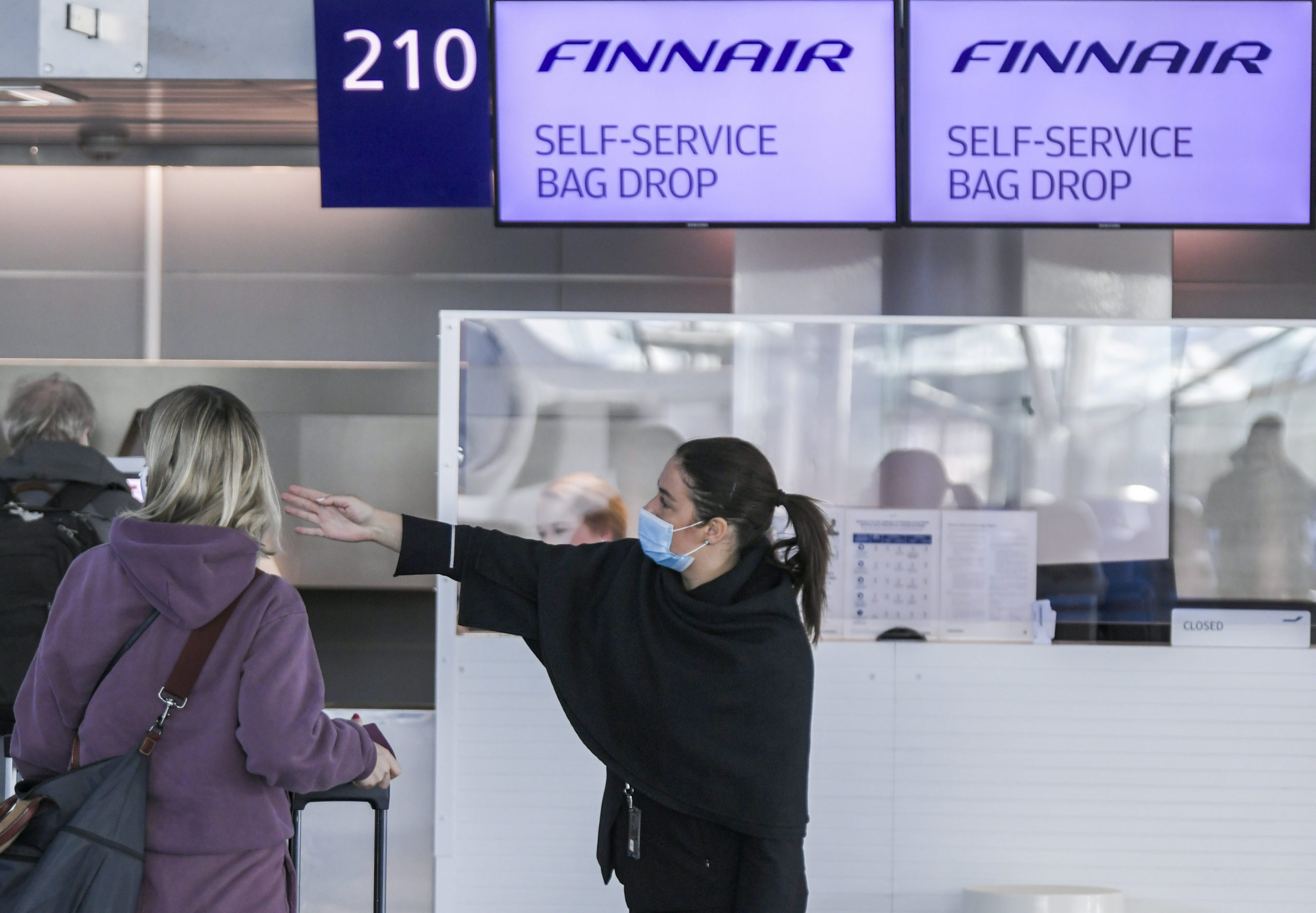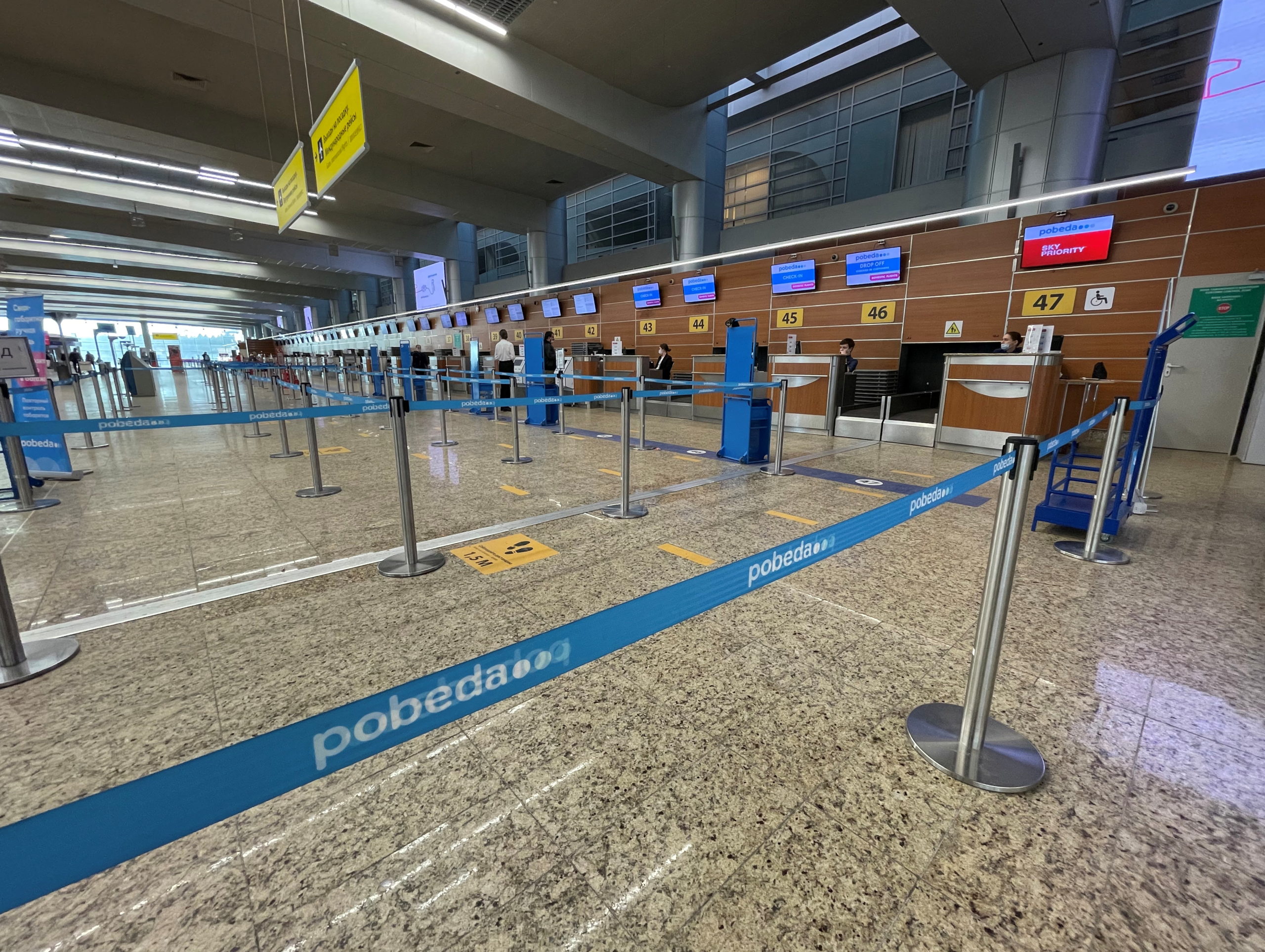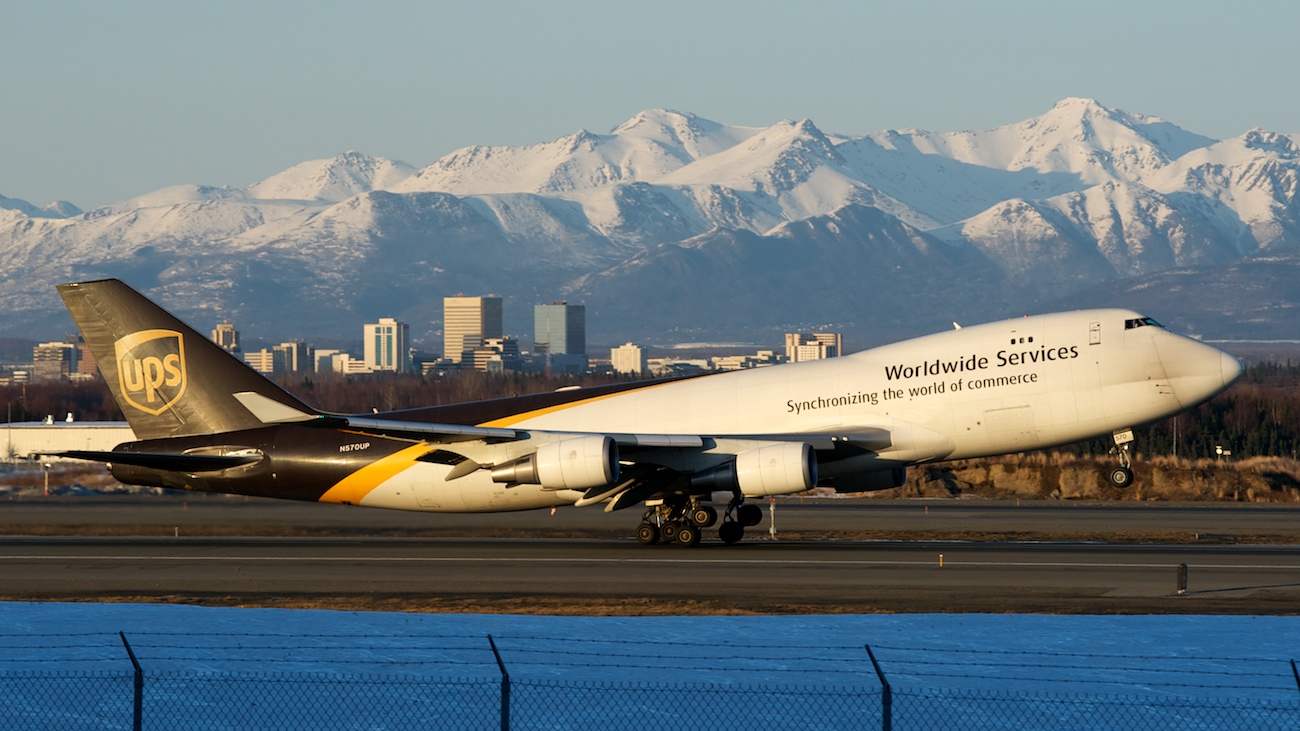Canada, Nordic countries close air space to Russian aviation

Canada and the Nordic nations have imposed bans on Russian air traffic in their air space in response to the invasion of Ukraine, closing off large swaths of the Arctic to Russian aviation.
Sweden, Finland and Denmark announced the move on Sunday, joining a string of European countries to do so.
Iceland has also decided to shut its airspace to Russian air traffic, Icelandic Foreign Minister Thordis Kolbrun Gylfadottir tweeted on Sunday.
“It is now absolutely necessary to proceed with further touch measures to isolate Russia,” Swedish EU Minister Hans Dahlgren told public service radio SR.
The closure of Arctic air space is significant, because many long-haul flights from other parts of the world transit the Arctic on so-called great circle routes.
Canada also announced the a ban on Sunday. That same day, an Aeroflot flight from Miami to Moscow violated the ban said Transport Canada.
“We are aware that Aeroflot Flight 111 violated the prohibition put in place earlier today on Russian flights using Canadian airspace,” the agency tweeted late on Sunday.
Nav Canada confirmed to Reuters that Aeroflot did enter the Canadian airspace. It said the aircraft operator declared the flight as a humanitarian flight as it entered the domestic airspace which requires special handling by air traffic control under normal circumstances.
Transport Canada said it will launch a review into the conduct of Aeroflot and Canada’s air-traffic control service provider Nav Canada following the violation.
“We will not hesitate to take appropriate enforcement action and other measures to prevent future violations”, the Canadian regulator said.

Russia on Monday announced reciprocal bans on nations that banned its aircraft.
Those flight bans are expected to hurt airlines that fly over the world’s biggest country to get from Europe to Asia. They are likely to force them to find new routes.
Russia’s countermeasure will especially heavily hurt Finland’s state carrier Finnair
“If Russia in parallel closes its airspace from Finnish aircrafts, it would have significant impact on Finnair as our Asian traffic would in practice come to a standstill”, Finnair spokeswoman told Reuters in an emailed statement on Sunday, before the countermeasures were announced.
“Going around Russian airspace prolongs flight times so much that it would not be financially possible to operate our Asian flights,” she said.
Rosaviatsia said that flights from those countries could in exceptional circumstances be authorized if they secure special clearance from Russia’s aviation authority or foreign ministry.

The U.S. has so far not taken a decision to ban Russian traffic from American airspace.
And Alaska airports could see an uptick in air traffic as long-haul flights seek to avoid Russian airspace.
Some of those flights would likely be forced to refuel in Anchorage, industry sources told Reuters. Flights that could be affected include U.S. flights to India, China, Japan and Korea, the sources said.
This article is compiled from several Reuters stories, with additions and edits from ArcticToday.